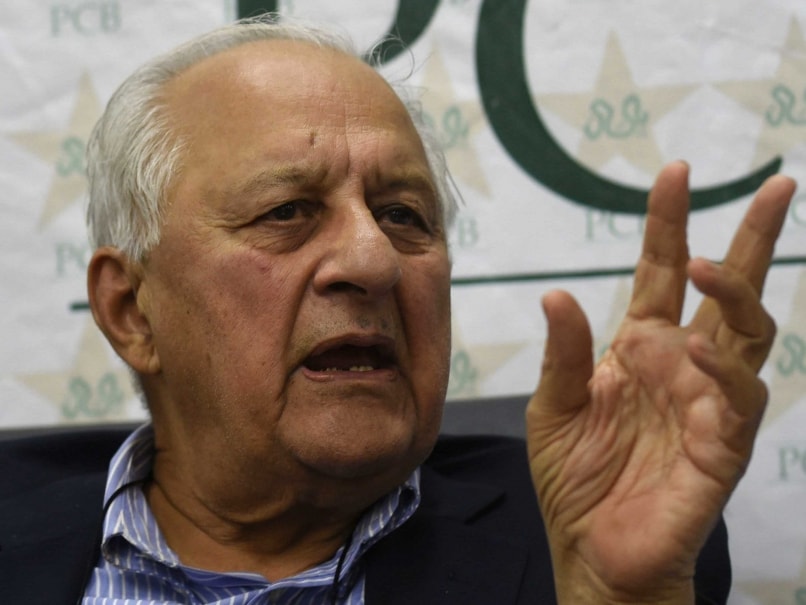No Need to Form Commission if Sharjeel Khan, Khalid Latif Admit Guilt: PCB
The two players who were sent back home from the Pakistan Super League (PSL) second edition in Dubai on charges of spot-fixing met head of the PCB's Anti-Corruption Unit, Colonel (retd) Azam in Lahore on Wednesday.
- Press Trust of India
- Updated: February 15, 2017 10:24 pm IST

Highlights
-
Sharjeel Khan and Khalid Latif were involved in spot-fixing
-
Sharjeel Khan and Khalid Latif were provisionally suspended
-
Sharjeel Khan and Khalid Latif were sent back from the PSL
A top official of the Pakistan Cricket Board (PCB) on Wednesday said that the need to form a commission to decide the level of disciplinary action against Sharjeel Khan and Khalid Latif will not be required if the duo admit to the charge of their involvement in spot-fixing.
The two players who were sent back home from the Pakistan Super League (PSL) second edition in Dubai on charges of spot-fixing met head of the PCB's Anti-Corruption Unit, Colonel (retd) Azam in Lahore.
PCB chairman Shaharyar Khan said the two had been called by the ACU chief to hear their version of the story.
"They are being heard out and if they want more time they will be given 10 to 15 days to come up their explanation," he said.
Shaharyar made it clear that if the two players admitted to their guilt no commission would be formed to hold proper hearing into the charges against them.
"The PCB will decide what to do but one thing is clear exemplary punishment will be given to players involved in wrong doing," Shaharyar added.
He said no leniency would be shown to the players at all. However, some legal experts and former players have expressed their surprise on PCB's move to hear the versions of the alleged players.
"It begs clarification as to why hear them out now when the PCB took the decision to send them back from Dubai and suspend them. In a way the PCB declared them guilty of spot-fixing as they were sent back under the anti-corruption code," a legal expert said.
"One would have thought that if the PCB had enough material and evidence to suspend them instead of prolonging this matter the Board would just appoint a commission under a judge and start the proceedings against the two players," he said.
The PCB's anti-corruption code carries a penalty of bans ranging from six months to life for spot-fixers.
It is not the first time that Pakistan cricket has been hit by match-fixing and spot-fixing scandals.
In the 90s Justice (retd) Malik Qayyum headed a 18-month long judicial inquiry into fixing allegations against several top players including former captains Salim Malik and Wasim Akram, who is director of cricket for Islamabad United in the PSL, current chief selector Inzamam-ul-Haq, current bowling coach at the National Cricket Academy Mushtaq Ahmed and others.
Qayyum in his findings recommended life ban on Malik and fines on the other players including Wasim for not c-ooperating with the tribunal.
In 2010 on the tour to England, captain Salman Butt and pacers Mohammad Asif and Mohammad Aamir admitted to spot-fixing in the fourth Test at Lords and the ICC's anti-corruption tribunal handed them minimum five-year bans.
Aamir has now been allowed back into the national side after his ban expired in September, 2015 with the others.
In 2013 Test leg-spinner Danish Kaneria was also banned for life by the England and Wales cricket Board's disciplinary tribunal for trying to intice other players in the Essex team to spot-fix in county matches.
Kaneria still claims his innocence although the ECB has filed a case in the Sindh High Court to recover costs of the hearings from him.
Kaneria told PTI that what had happened in the PSL was not surprising as he had been expecting this to happen from season one.
"These leagues are always soft targets for bookmakers. Unfortunately I did nothing in county cricket and I am serving a life ban with the Board also refusing to support me," he added.
